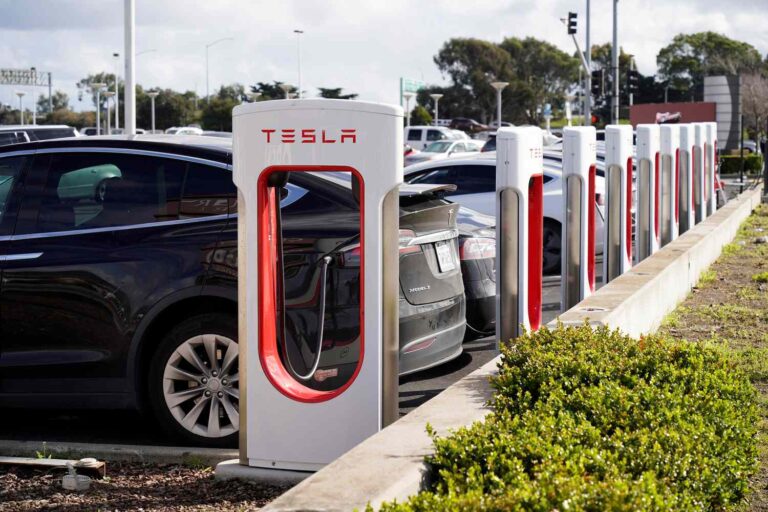The National Highway Traffic Safety Administration (NHTSA) has closed its investigation into Tesla’s Autopilot driver assistance system, citing 13 fatal crashes and many more involving serious injuries due to misuse. The agency found that Tesla’s weak driver engagement system was not appropriate for Autopilot’s permissive operating capabilities, leading to a critical safety gap between drivers’ expectations and the system’s true capabilities.
NHTSA’s investigation, which began in 2021, reviewed 956 reported crashes and found that 467 of them were related to Autopilot. The agency identified three types of crashes: frontal plane crashes where the Tesla struck another vehicle or obstacle, roadway departures in low traction conditions, and roadway departures where Autosteer was inadvertently disengaged by the driver’s inputs.
Despite Tesla’s warnings and checks, NHTSA and other safety groups have expressed concerns that these measures do not go far enough to prevent misuse. In December, Tesla agreed to issue a recall via a software update to increase driver monitoring, but the update did not appear to change Autopilot much.
NHTSA has also opened a new investigation to evaluate whether the Autopilot recall fix is effective enough. The agency criticized Tesla’s data, citing gaps in telematic reporting that limit the company’s awareness of crashes involving Autopilot.
Tesla is facing multiple other inquiries, including a Department of Justice investigation into the company’s claims about Autopilot and a California Department of Motor Vehicles accusation of falsely advertising the technology. The company is also facing multiple lawsuits regarding Autopilot.
As Tesla continues to prioritize autonomy, NHTSA’s findings highlight the need for more effective measures to prevent misuse and ensure driver safety. The agency’s investigation serves as a reminder of the importance of robust safety standards and rigorous testing in the development of autonomous vehicle technology.



